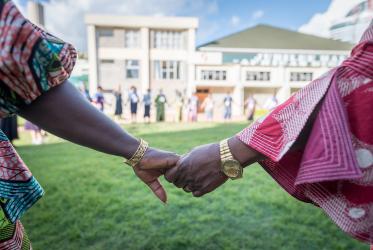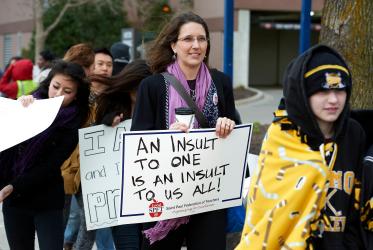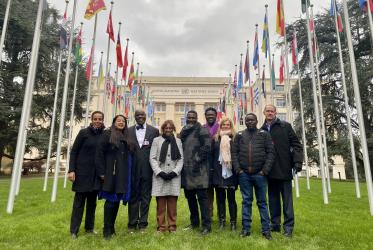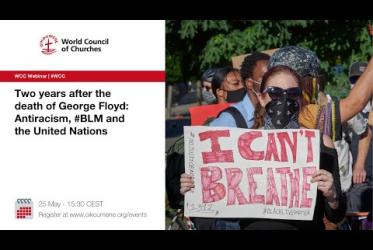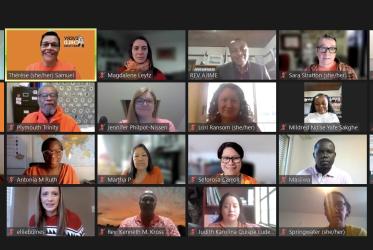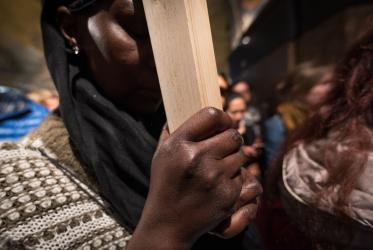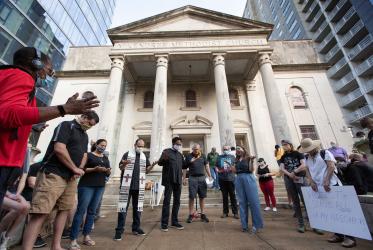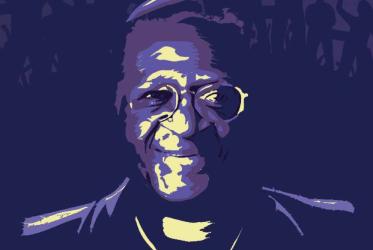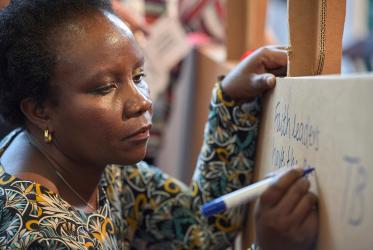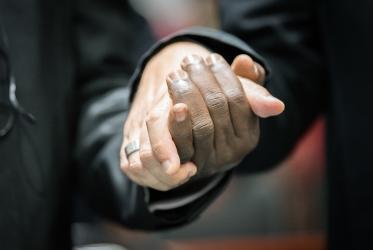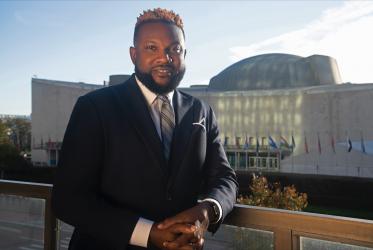Displaying 1 - 20 of 24
11 December 2023
Young Black Europeans: “common witness has an open ear”
30 November 2023
Celebratory event discusses Black leaders’ contributions to WCC
06 September 2023
WCC helps churches connect with UN on racial justice issues
09 November 2022
How do churches address racism, really?
15 February 2022
Wrestling with the racial pandemic
15 February 2022
Tutu’s legacy: A Zoom panel celebrating “the Arch”
03 February 2022
Webinar remembers past massacres in Europe
16 December 2021


